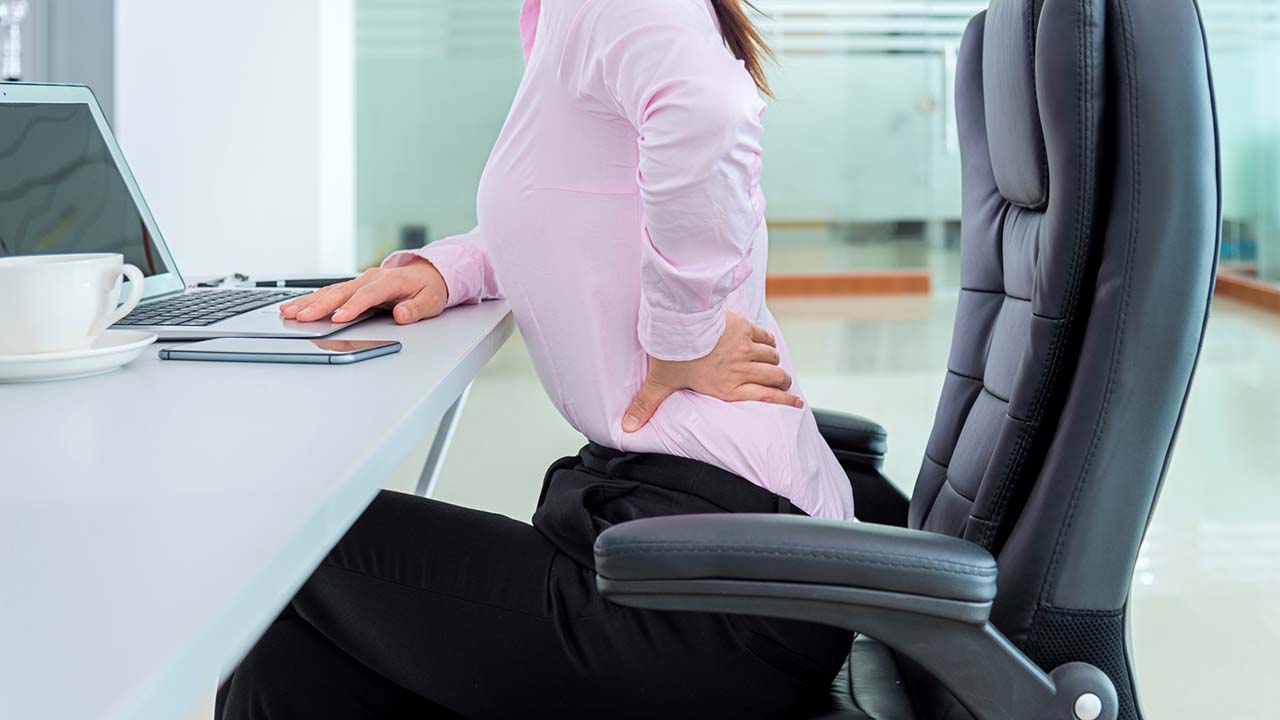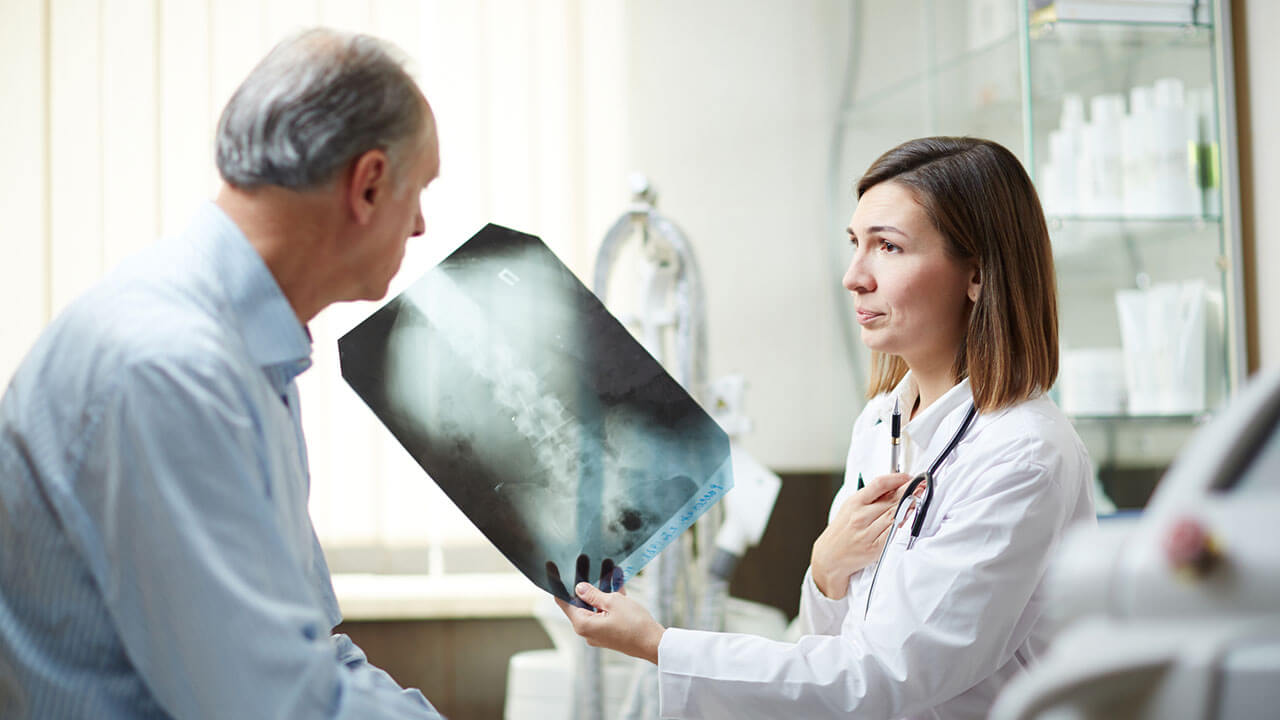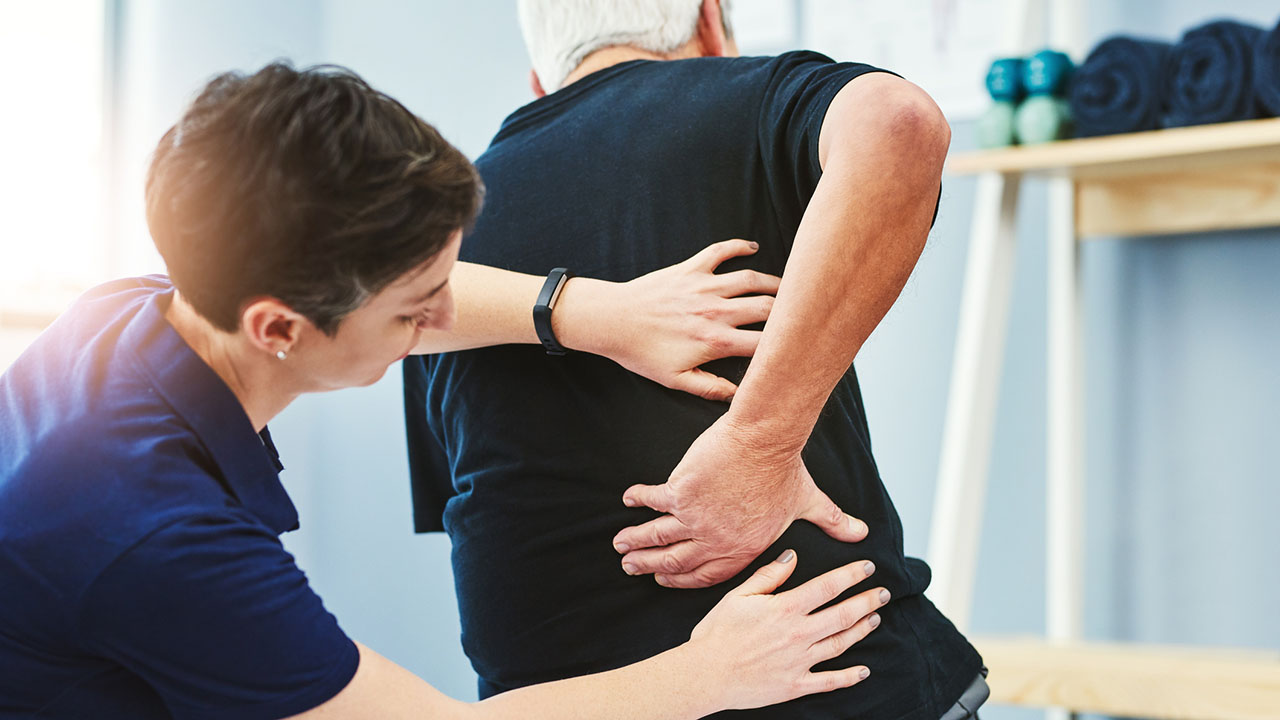Got lower back pain?


Do you experience pain that starts in your lower back and spreads to your legs? Does your pain occur while walking or biking, but get better when you sit or lie down?
If you answered ‘yes’ to any of the above questions, you may have lumbar stenosis. Lumbar stenosis is a technical name for the “narrowing” of the spinal canal in your lumbar spine (lower back). This narrowing can place pressure on your nerves, resulting in pain, weakness, numbness and/or tingling in your back and/or legs.
The best way to determine if you are suffering from lumbar stenosis is to have an MRI (magnetic resonance imaging). An MRI uses a magnetic field and radio wave energy to take pictures, allowing doctors to visualize the lumbar spine and look for stenosis. After an MRI, patients may be referred to a neurosurgeon or orthopedic spine surgeon for further evaluation.
Depending on the degree of stenosis, there are many ways to manage and/or treat your pain. The doctor will evaluate your MRI results and review treatment options including, but not limited to, physical therapy, traction, medications, steroid injections, chiropractic care and surgery.
The main indications for surgery include:
If you answered ‘yes’ to any of the above questions, you may have lumbar stenosis. Lumbar stenosis is a technical name for the “narrowing” of the spinal canal in your lumbar spine (lower back). This narrowing can place pressure on your nerves, resulting in pain, weakness, numbness and/or tingling in your back and/or legs.
The best way to determine if you are suffering from lumbar stenosis is to have an MRI (magnetic resonance imaging). An MRI uses a magnetic field and radio wave energy to take pictures, allowing doctors to visualize the lumbar spine and look for stenosis. After an MRI, patients may be referred to a neurosurgeon or orthopedic spine surgeon for further evaluation.
Depending on the degree of stenosis, there are many ways to manage and/or treat your pain. The doctor will evaluate your MRI results and review treatment options including, but not limited to, physical therapy, traction, medications, steroid injections, chiropractic care and surgery.
The main indications for surgery include:
- Unstable movement in your back
- Progressive weakness in your legs, which can often be accompanied by trouble walking and balance
- Worsening leg pain in a pattern that matches the level of stenosis seen on your MRI


